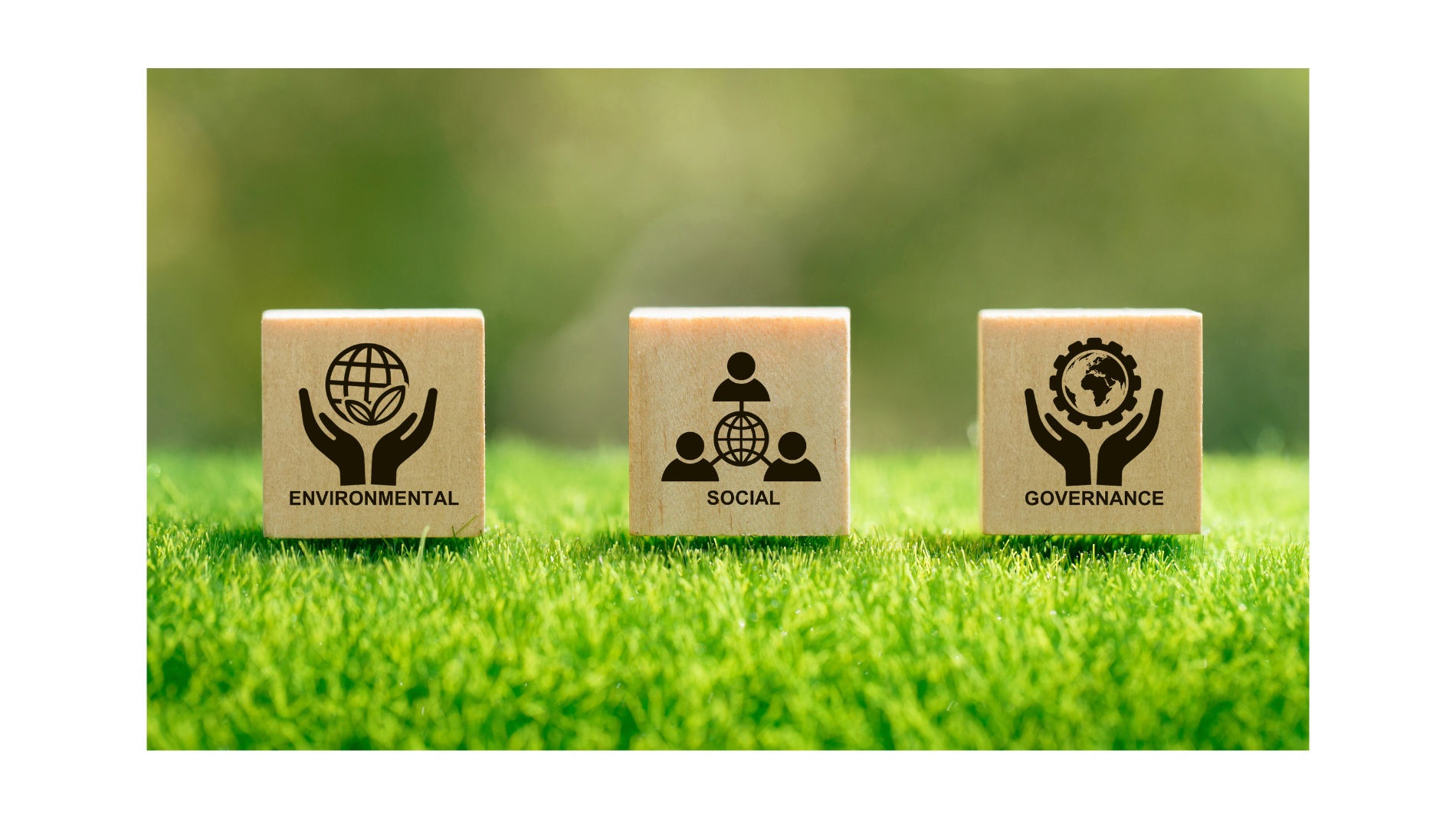Sustainability is both a duty and an opportunity. Learn what ESG compliance means for retail, what legal requirements exist, and how to turn them into competitive advantages.
What Is ESG Compliance?
ESG compliance refers to adherence to requirements in the areas of Environment, Social, and Governance. For B2B companies – particularly in retail – it is no longer a voluntary initiative but is increasingly mandated by regulatory frameworks. At its core is the sustainable alignment of the entire business model along ecological, social, and ethical corporate guidelines.

Thanks to European regulations such as the Corporate Sustainability Reporting Directive (CSRD) or the German Supply Chain Due Diligence Act (LkSG), ESG compliance has become a fundamental component of corporate responsibility today.
The Three Pillars of ESG Compliance
Environment, Social, and Governance – these three pillars form the foundation of ESG standards and provide a clear framework for responsible corporate management. Each of these dimensions poses specific requirements for businesses – but also offers targeted opportunities for sustainable action in retail.
Governance – Responsible Corporate Management
Strong governance fosters trust and reliability – among customers, partners, and within the team. It includes:
- Anti-corruption measures to ensure integrity in business relationships
- Transparent structures for clear accountability
- Sustainability strategies that integrate ESG into retail management
Social – Social Responsibility Along the Supply Chain
Social sustainability means putting people first – both within the company and among partners around the world:
- Fair working conditions across the entire supply chain
- Diversity, inclusion, and equal opportunities as core values
- Health and safety in the workplace as a key leadership responsibility
Environment – Proactive Environmental Responsibility
The focus is on concrete and measurable actions to protect our planet:
- Reducing CO₂ emissions through energy-efficient processes
- Documenting resource consumption as a basis for optimisation
- Promoting sustainable products in the assortment
- Circular economy practices through responsible waste and recycling management

Challenges and Opportunities for Retail
ESG compliance is not only about meeting regulatory requirements – it also offers strategic advantages: brand trust, customer loyalty, and long-term profitability. At the same time, companies face challenges such as:
- Transparent supply chain monitoring
- Integration of ESG criteria into existing processes
- Documentation obligations and data management
But those who actively shape these processes can leverage ESG as a unique selling proposition (USP). How this works is explained in an interview with Stephan Telschow on sustainability as a USP.
The product range also plays a key role. In a podcast with Mimi Sewalski on sustainable products, practical examples and innovative approaches are shared. Another success factor is clear and credible green communication.
Conclusion – ESG as an Opportunity for Sustainable Transformation
ESG compliance is much more than a legal obligation – it is a guidepost for a future-proof corporate strategy. Those who implement ESG in retail in a structured way not only ensure compliance, but also position themselves as innovative and resilient market players.
Frequently Asked Questions About ESG Compliance
Who Is Required to Comply with ESG?
Companies with more than 250 employees, €40 million in revenue, or €20 million in total assets are subject to CSRD reporting obligations starting in 2025. This also includes many medium-sized retailers.
What Are ESG Standards?
ESG standards define metrics for environmental, social, and governance factors. These include, among others, GHG protocols for emissions, diversity quotas, or transparency guidelines.
What Are Examples of ESG Metrics?
- Carbon footprint (Scope 1–3)
- Proportion of women in management
- Number of ESG-compliant suppliers
- CSR investments as a percentage of revenue








